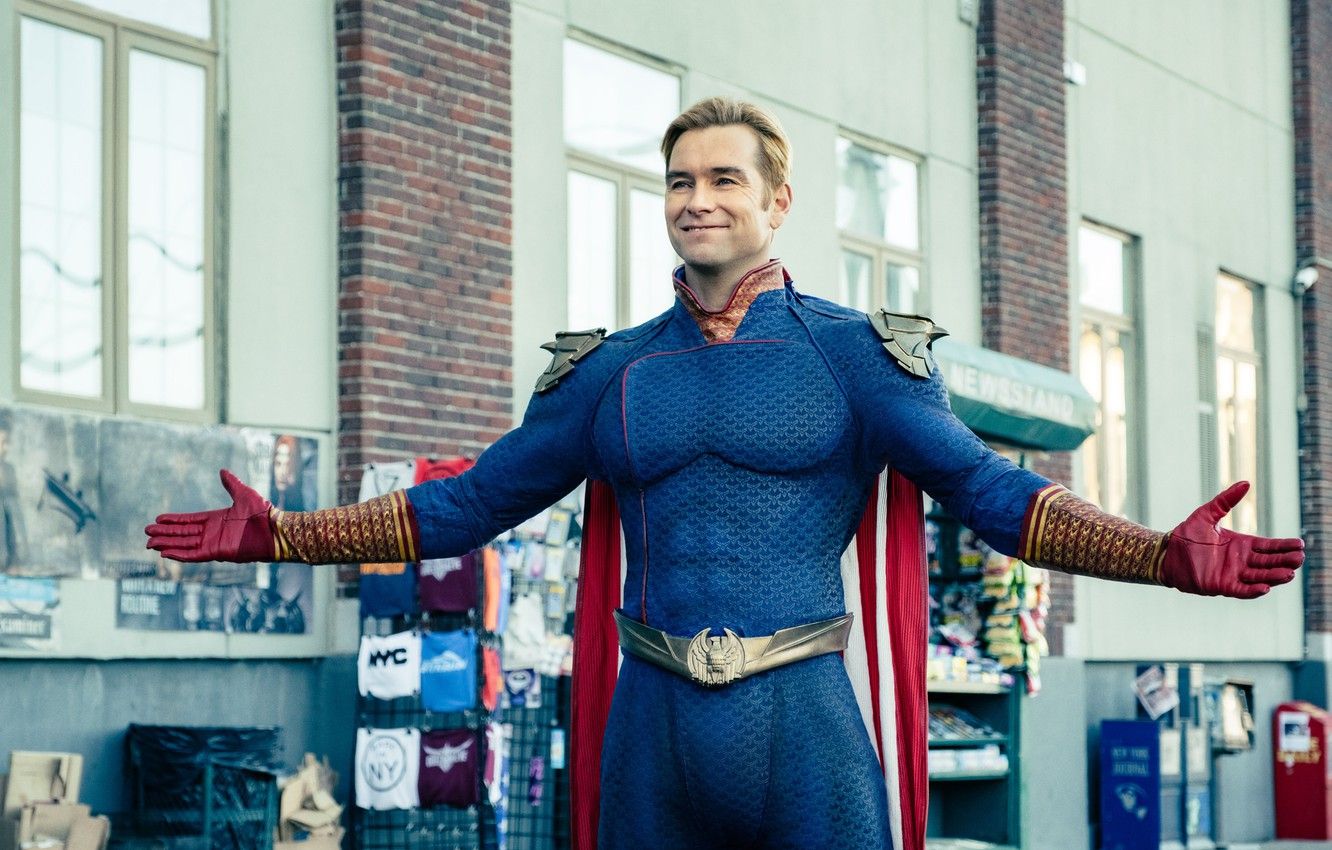Wherever you look superheroes have become a staple of mainstream culture. Our blockbuster films are a world of superhero shared universes, reboots and remakes. The most successful of recent years has been the Marvel Cinematic Universe (MCU) with twenty-three films and total worldwide box office receipts surpassing twenty-two billion dollars. In the next phase of their output, the MCU are turning their attention to our television screens with several spinoffs and interlinked shows planned. Superhero content, and its value, is at an all-time high.
Recently I’ve been getting up to date with Amazon’s darkly comic superhero drama The Boys. In part a critique of the traditional superhero output, it’s a subversive comic book adaptation which focusses on the danger and ugliness of these caped superheroes. With so much superhero content out there, it’s hard not to compare and contrast.
Superheros in the Mainstream
It would be naïve to underestimate the scale and importance of the Marvel film franchise on popular culture. Over twenty movies into their shared cinematic universe, there’s no sign of the content stopping soon. Marvel’s superheroes will appear on our television screens and remain a staple of summer blockbusters for years to come. Generations of young children, just as I grew up watching the Batman, X-Men and Spiderman cartoons, will become adults with the franchise embedded in their consciousness.
I’ve seen all but one film (sorry Ant man and the Wasp) and I enjoyed most of them. But there is a clear disparity between the qualities. The crossover movies Civil War, Infinity War and Endgame are the best of the franchise, while the origin stories are something we’ve seen a dozen times now. The formula of the origin films helps introduce the latest hero on the roster, establishing them in time for the big crossover events. Yet they play it safe, the story pattern the characters follow not changing since the first, Ironman, over a decade ago.
The aim of this is clear. A saturated and uncontroversial product maximises the return in the form of profit. There’s an avoidance of swearwords, violence, or any of the realities that threaten the age rating becoming unacceptable for the youngest viewers. We are unlikely to see many gay characters in Marvel Universe (MCU) films, because that might affect its box office take internationally. We are unlikely to see any sexuality in those films, for the same reason. The MCU is one of the most successful franchises of all time. We cannot be naïve to why Disney, who owns the franchise, will do as little as possible to upset the situation. If we want content to subvert the genre’s clichés we have to look elsewhere.
Shattering the Superhero Myth
In The Boys, which is adapted from the mid-2000s comic book series of the same name, the superheroes are all twisted derivatives of iconic heroes like Superman, Wonder Woman, and Batman, but relabelled. They are the opposite of their inspirations, famed for nobility and courage. These superheroes are power-drunk, emotionally underdeveloped, self-centred sociopaths.
With The Boys, I enjoyed the second season far more than the first. It did a better job at world building, peeling back the veil on the reality of superheroes. Ultimately, the show asks: what do you do when confronted with super humans who have god complexes? Where we are like flies to these gods. And what a morbid fascination we bugs have with the beings who squash us.
The Seven, the main superheroes in the series, are employees of a mega-corporation called Vought International. The heroes’ misdemeanours, from murder to sexual assault, are covered up by Vought’s powerful PR department, which demands the Seven toe a public line that presents them as shining examples of altruism. The company’s profits, share price, and the hero’s optics are all that matter.
A Genre Deconstruction
In the era of subscription streaming, new freedom of expression has erupted. More screen time to flesh out content and a business model not reliant on being ‘family friendly’ or unblemished shows has paved the way for deeper and darker TV superhero dramas, like The Boys.
These more sceptical works are still rare, however, amid the glut of superhero-worshipping output. It’s easy to see why we are saturated in comic book adaptations. Decade’s worth of comic book content are a goldmine of things the TV and film industries want: established characters, readymade storylines and big back catalogues that can be plundered.
Superheroes are truly the mainstream, and with it we’re seeing the critique of the genre come through. Most of this critique is from the world of comics itself, where what is playing out in films and television is still drawn from. I’m excited to see a further exploration of what it means to be a superhero. What would happen if superpowers occurred in the real world? Would the societal implications be negative or positive? What is the nature of justice? What does it mean to be a hero and take justice into your own hands?
The success of The Boys, and why it’s quickly become one of Amazon’s biggest shows, is that it moves in the opposite direction to what audiences have seen before. For the genre to continue to thrive there needs to be a transition away from the status quo. There’s an opportunity for superhero output to explore both the genre itself and the common cliches. Let’s just hope more content, like The Boys continues to make its way onto our screens.
Want more blogs about televisions shows and in-depth analysis? Check out my archive!
You can also follow me on Facebook: https://www.facebook.com/jamesdammauthor/



Recent Comments